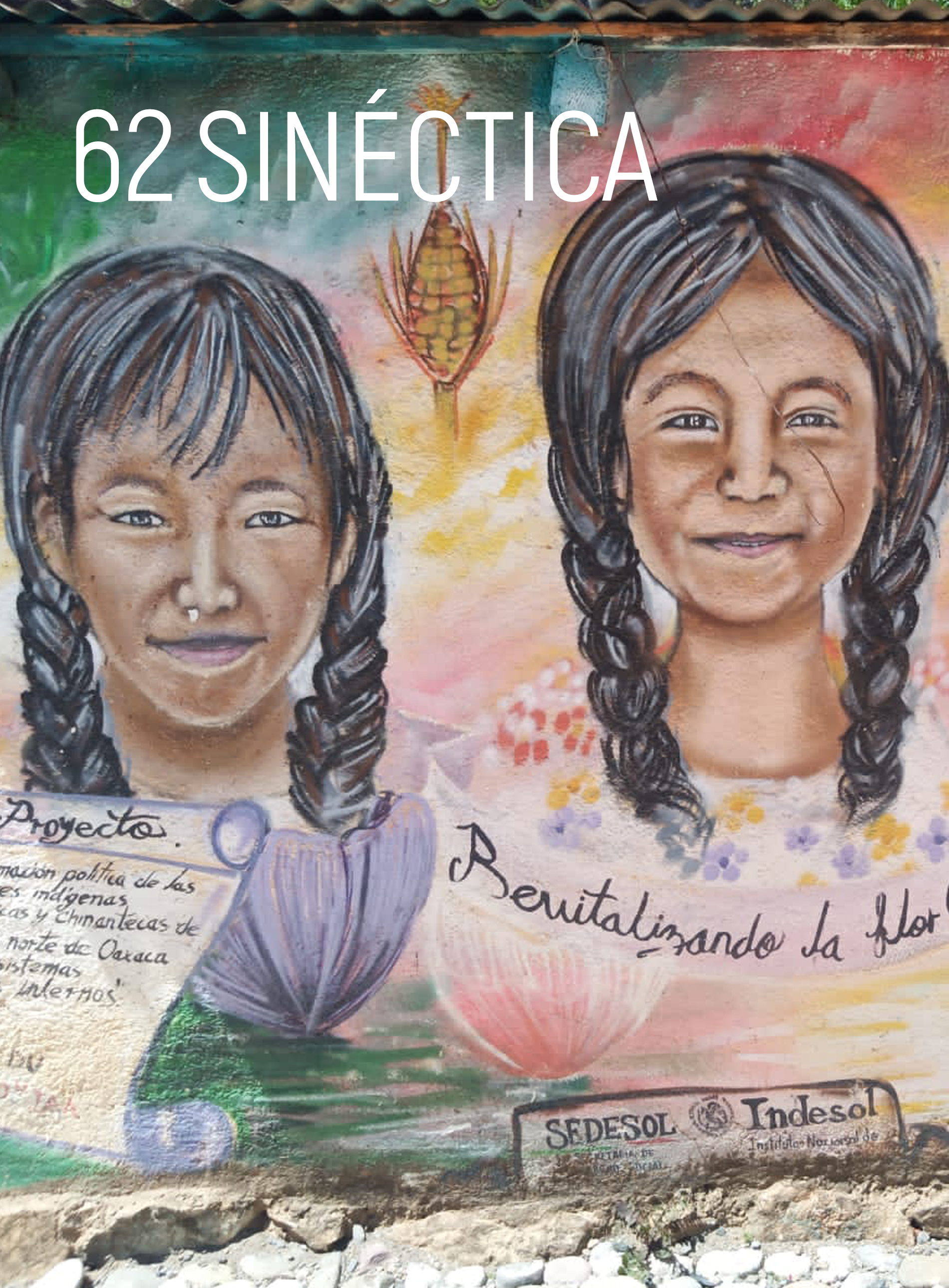Extreme teaching and the politics of teachers’ working conditions at the peripheries of the Mexican education system
Palavras-chave:
teacher quality discourse, neo-liberalism, education policy, working conditions, extreme teaching, educational changeResumo
The term ‘extreme teaching’ refers to a combination of working conditions that appear to make teaching impossibly difficult for indigenous teachers’ at the periphery of the Mexican education system. An attention to the reality of teaching conditions ‘on the ground’ creates a counterweight to the theoretical universalisms of education policy, and more specifically to the discourse of teacher quality that position teachers as autonomous professionals, ‘free’ to become fully competent if motivated and ‘incentivized’. A broad overview of the characteristics of indigenous teachers’ experience and working conditions is followed by a discussion of factors inhibiting all-important communication and critical dialogue between teachers. I argue that in the diminished professional environment of extreme teaching the teacher quality discourse and its contemporary policy technologies become particularly dissonant, if not surreal. By way of conclusion I argue that the neo-liberal agenda can be better contextualized and understood by paying greater attention to teachers’ working conditions, especially at the margins of education as they become increasingly permeated by its discourses. Such an attention would help avoid a bad fit between policy and reality and help create a more teacher centred agenda for educational change.
Downloads
Referências
Como citar este artículo: Keck, Ch. (enero-junio, 2016). Extreme teaching and the politics of teachers’ working conditions at the peripheries of the Mexican education system. Sinéctica, 46. Recuperado de: https://sinectica.iteso.mx/index.php/SINECTICA/article/view/629
Downloads
Publicado
Edição
Seção
Licença

Esta obra está sob uma Licença Creative Commons Atribuição-Não Comercial 4.0 Internacional.
Os autores que publicam em Sinéctica estão de acordo com os seguintes termos:
Os autores guardam os direitos autorais e cedem à revista o direito de primeira publicação da obra autorizada simultaneamente sob uma licença de atribuição de Creative Commons, que permite a outros compartilharem o trabalho, sempre que se reconheça tanto a autoria da obra como a publicação inicial nesta revista.
Os autores podem fazer acordos contratuais adicionais separadamente para a distribuição não exclusiva da versão publicada da revista (por exemplo, publicá-la em um armazenamento de dados institucional ou em um livro), com o reconhecimento de sua publicação inicial nesta revista.
É permitido aos autores publicarem seu trabalho em armazenamento de dados institucionais ou em seu próprio website antes e durante o procedimento de envio, pois isso pode gerar intercâmbios produtivos, assim como uma citação anterior e maior do trabalho publicado.
Nota explicativa: A partir de 2017, Sinéctica se rege com base na Licença Creative
Commons Atribuição-Não Comercial 4.0 Internacional, versão que contempla as licenças a nível internacional.
Os artigos de 1992 a 2016 estão sob uma Licença de Creative Commons Reconhecimento-Não Comercial -Sem Obra Derivada 4.0 Internacional, que permite compartir e distribuir uma obra sem fins comerciais e com reconhecimento do autor, mas proíbe modificar a criação original.




















